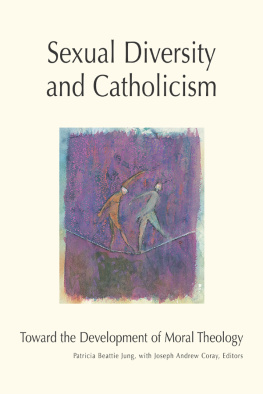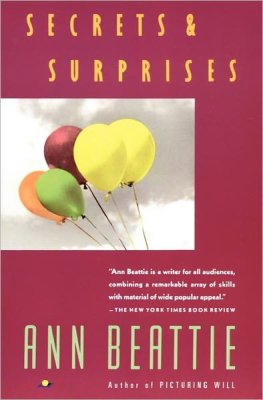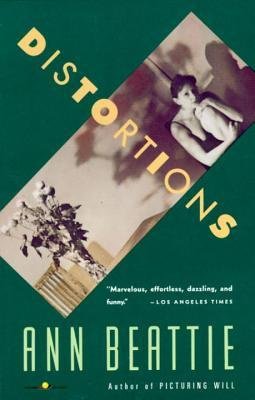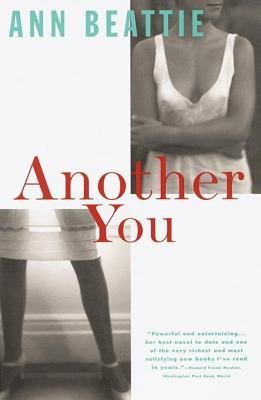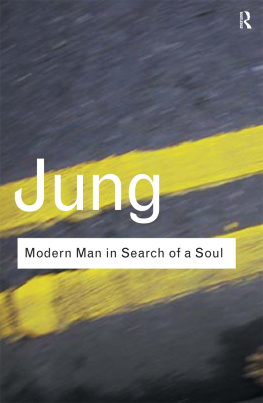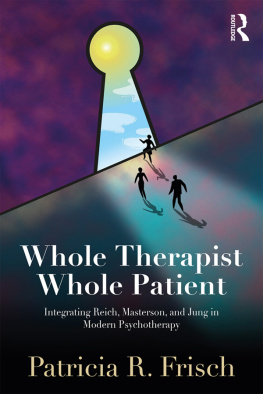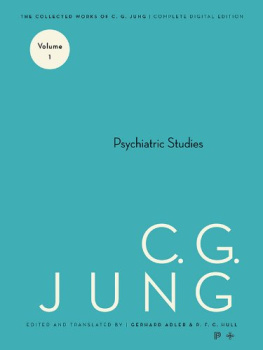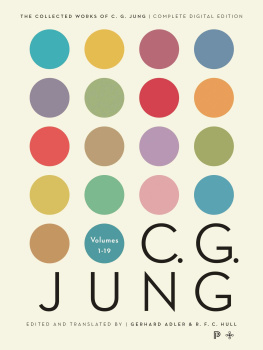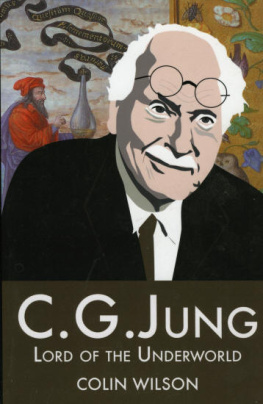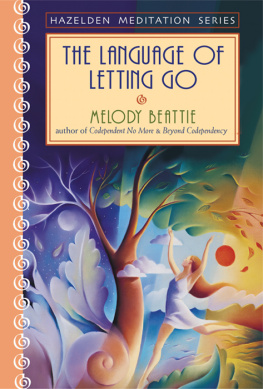Jung Patricia Beattie - Sexual Diversity and Catholicism
Here you can read online Jung Patricia Beattie - Sexual Diversity and Catholicism full text of the book (entire story) in english for free. Download pdf and epub, get meaning, cover and reviews about this ebook. year: 2016, publisher: Liturgical Press, genre: Religion. Description of the work, (preface) as well as reviews are available. Best literature library LitArk.com created for fans of good reading and offers a wide selection of genres:
Romance novel
Science fiction
Adventure
Detective
Science
History
Home and family
Prose
Art
Politics
Computer
Non-fiction
Religion
Business
Children
Humor
Choose a favorite category and find really read worthwhile books. Enjoy immersion in the world of imagination, feel the emotions of the characters or learn something new for yourself, make an fascinating discovery.
- Book:Sexual Diversity and Catholicism
- Author:
- Publisher:Liturgical Press
- Genre:
- Year:2016
- Rating:5 / 5
- Favourites:Add to favourites
- Your mark:
- 100
- 1
- 2
- 3
- 4
- 5
Sexual Diversity and Catholicism: summary, description and annotation
We offer to read an annotation, description, summary or preface (depends on what the author of the book "Sexual Diversity and Catholicism" wrote himself). If you haven't found the necessary information about the book — write in the comments, we will try to find it.
Sexual Diversity and Catholicism — read online for free the complete book (whole text) full work
Below is the text of the book, divided by pages. System saving the place of the last page read, allows you to conveniently read the book "Sexual Diversity and Catholicism" online for free, without having to search again every time where you left off. Put a bookmark, and you can go to the page where you finished reading at any time.
Font size:
Interval:
Bookmark:

A Michael Glazier Book published by The Liturgical Press.
Cover design by Ann Blattner. Watercolor by Ethel Boyle.
Unless indicated otherwise, the Scripture quotations are from the New Revised Standard Version Bible, Catholic edition, 1989 by the Division of Christian Education of the National Council of Churches of Christ in the U.S.A. Used by permission. All rights reserved.
2001 by The Order of St. Benedict, Inc., Collegeville, Minnesota. All rights reserved. No part of this book may be reproduced in any form or by any means, electronic or mechanical, including photocopying, recording, taping, or any retrieval system, without the written permission of The Liturgical Press, Collegeville, Minnesota 56321. Printed in the United States of America.
The Library of Congress has cataloged the printed edition as follows:
Library of Congress Cataloging-in-Publication Data
Sexual diversity and Catholicism : toward the development of moral theology / Patricia
Beattie Jung with Joseph A. Coray, editor[s].
p. cm.
A Michael Glazier book.
Includes bibliographical references and index.
ISBN 0-8146-5939-X (alk. paper)
1. HomosexualityReligious aspectsCatholic Church. 2. HomosexualityBiblical teaching. 3. Catholic ChurchDoctrines. I. Jung, Patricia Beattie. II. Coray, Joseph A.
BX1795.H66 S49 2001
261.8'35766dc21
00-064974
For all who struggle faithfully with sexual diversity
and in celebration of the loving devotion of
Stephen and Ken
Patricia Beattie Jung
PART ONE:
INTERPRETING CHURCH TEACHINGS
Bishop Thomas J. Gumbleton
James P. Hanigan
Susan A. Ross
Jon Nilson
PART TWO:
INTERPRETING THE BIBLE
Patricia Beattie Jung
Robert A. Di Vito
Leland J. White
Bruce J. Malina
Mary Rose DAngelo
PART THREE:
INTERPRETING SECULAR DISCIPLINES
Sidney Callahan
Isiaah Crawford and Brian D. Zamboni
David T. Ozar
PART FOUR:
INTERPRETING HUMAN EXPERIENCE
Cristina L. H. Traina
Mary E. Hunt
W e are grateful to Dr. John McCarthy and Dr. Robert Di Vito, chairs of the Theology Department and Graduate Program in Theology at Loyola University Chicago, respectively, for their encouragement and provision of two graduate research assistants to help with this volume. We are deeply appreciative of the general editorial assistance of Douglas Bowden and Timothy Sever, both doctoral students in moral theology at Loyola University Chicago, who were diligent in their searches for missing citations and helped us enormously with their careful reading of the essays. We acknowledge with thanks the guidance of Dr. Joseph R. Sherwin from the Office of Research Services at Loyola University Chicago. Without the receipt of a John and Theresa Mulcahy Research Support Grant on Catholic Issues from that office, we would not have been able to gather together for a working symposium on this volume.
We are most grateful, of course, to the scholars who chose to participate in this conversation and to contribute essays to this volume. Thanks for your hard work drafting your thoughts and your willingness to submit them to review by others outside your field, to read and critique the essays of other contributors and to revise your essays. Such interdisciplinary work requires dedication to the truth, patience, and courage.
Patricia Beattie Jung
Joseph Andrew Coray
I t is simply a matter of fact that in the United States we discriminate as a matter of public policy on the basis of sexual identity. We give preferential treatment in a variety of ways to heterosexual people and treat gay men, lesbians, bisexuals, and transgendered people (hereafter GLBT) prejudicially in regard to jobs, housing, credit, and public accommodations. Though this discrimination is often accompanied by, and is certainly reinforced by homophobia, fear and hatred are not always the driving force behind these policies. Sometimes what undergirds them is the heterocentric conviction that there is something wrong withthat is, either imperfect, defective, diseased, or downright evil abouthomosexual desires and activities. Because people are divided in their basic moral evaluation of homosexuality in particular, and about sexual diversity in general, they are divided about how to respond to the differential treatment based on sexual identity inherent in many of our public policies.
Through its official teachings on homosexuality the Roman Catholic Church sends mixed signals in regard to such heterosexist policies. On the one hand the Church has repeatedly and unambiguously condemned verbal abuse of and violent attacks against GLBT people.
Furthermore, the Roman Catholic Church has clearly taught that at least some types of discrimination based on sexual orientation should be dismantled. In 1976 the bishops of the USCC taught that gay people like everyone else should not suffer from prejudice against their basic human rights. They have a right to respect, friendship and justice. They should have an active role in the Christian community.
On the other hand, because the Roman Catholic Church clearly advocates a heterocentric sexual ideal, it endorses some forms of discrimination based on sexual orientation. This should come as no surprise. These mixed messages do not come from an incoherent or confused teaching but from carefully nuanced distinctions informing a quite consistent teaching. And while there is much room for debate, even among conservative Catholics, about how this heterocentric ideal might best be applied in our particular cultural context, it is important to recognize that this normative framework establishes at least the possibility that some heterosexist policies might be deemed not only just but morally required. Thus when the Vatican issued the PCHP in order to combat what it perceived as a growing confusion about its teachings about homosexuality and related issues, the Church reiterated its traditional position that no one has any conceivable right
Though generally considered less authoritative in status, the Vaticans SCC declares that discrimination based on sexual orientation is not only just but morally required in several arenas: specifically noted were policies regarding the placement of children for adoption and foster care, the employment of teachers and athletic coaches, military recruitment, and even housing (especially when the rights of GLBT people are compared to the needs of genuine families). Landlords are described as expressing a legitimate concern when they screen potential tenants on the basis of sexual orientation. Why? Because the Vatican presumes GLBT people (like those with contagious diseases, it is suggested) pose a real threat to the common good. Specifically, the Church teaches that they recruit youth and attack the institution of (heterosexual) marriage and family.
Again, while some of these specific applications of official Church teaching on homosexuality were not well received by some Catholics in the United States, many believe that at least some forms of heterosexist discrimination are not only justified but morally required. Many U.S. Catholics believe, for example, that our present marriage laws are a paradigmatic example of a legitimate instance of just discrimination or differential treatment based on sexual orientation; by pooling their discretionary funds the bishops of several Roman Catholic dioceses in California became the largest single donor in support of the Knight Initiative (which would ban same-sex marriages in California.) The many benefits and protections associated with marriage make it clear that much is at stake in the contemporary debate about the civil licensing of same-sex marriage.
Font size:
Interval:
Bookmark:
Similar books «Sexual Diversity and Catholicism»
Look at similar books to Sexual Diversity and Catholicism. We have selected literature similar in name and meaning in the hope of providing readers with more options to find new, interesting, not yet read works.
Discussion, reviews of the book Sexual Diversity and Catholicism and just readers' own opinions. Leave your comments, write what you think about the work, its meaning or the main characters. Specify what exactly you liked and what you didn't like, and why you think so.

